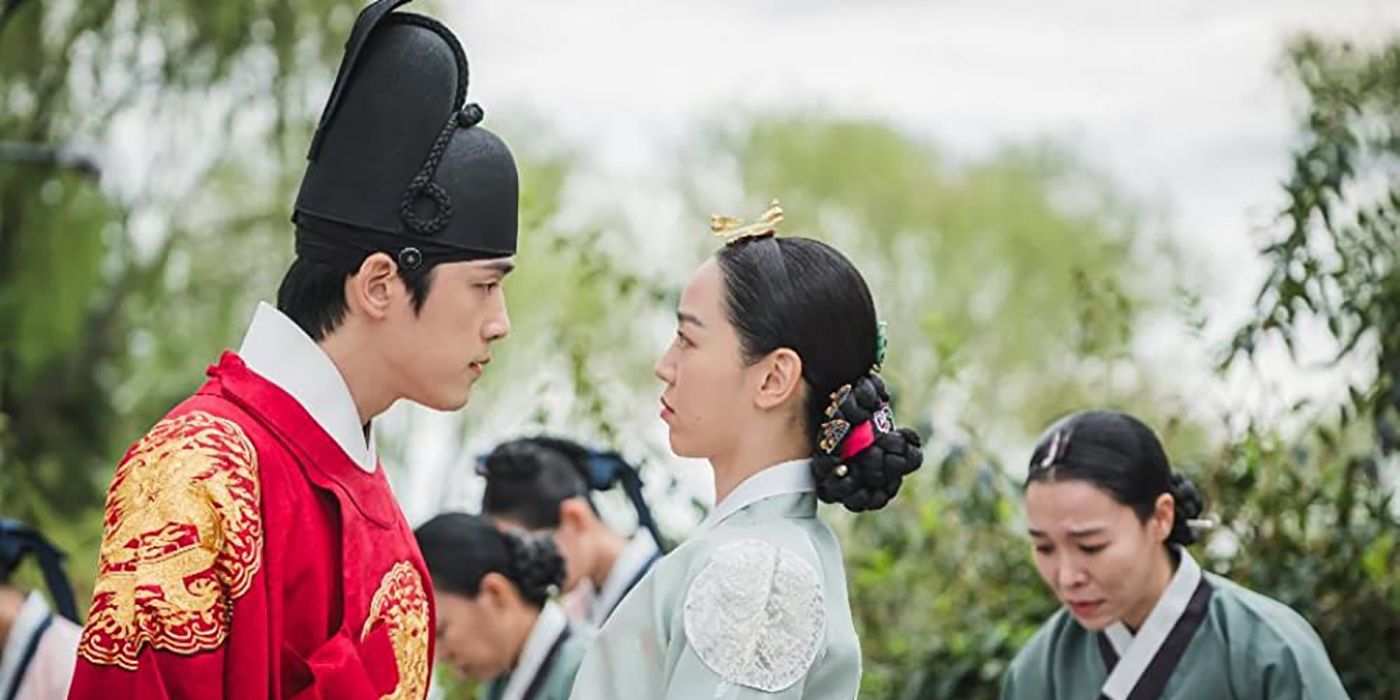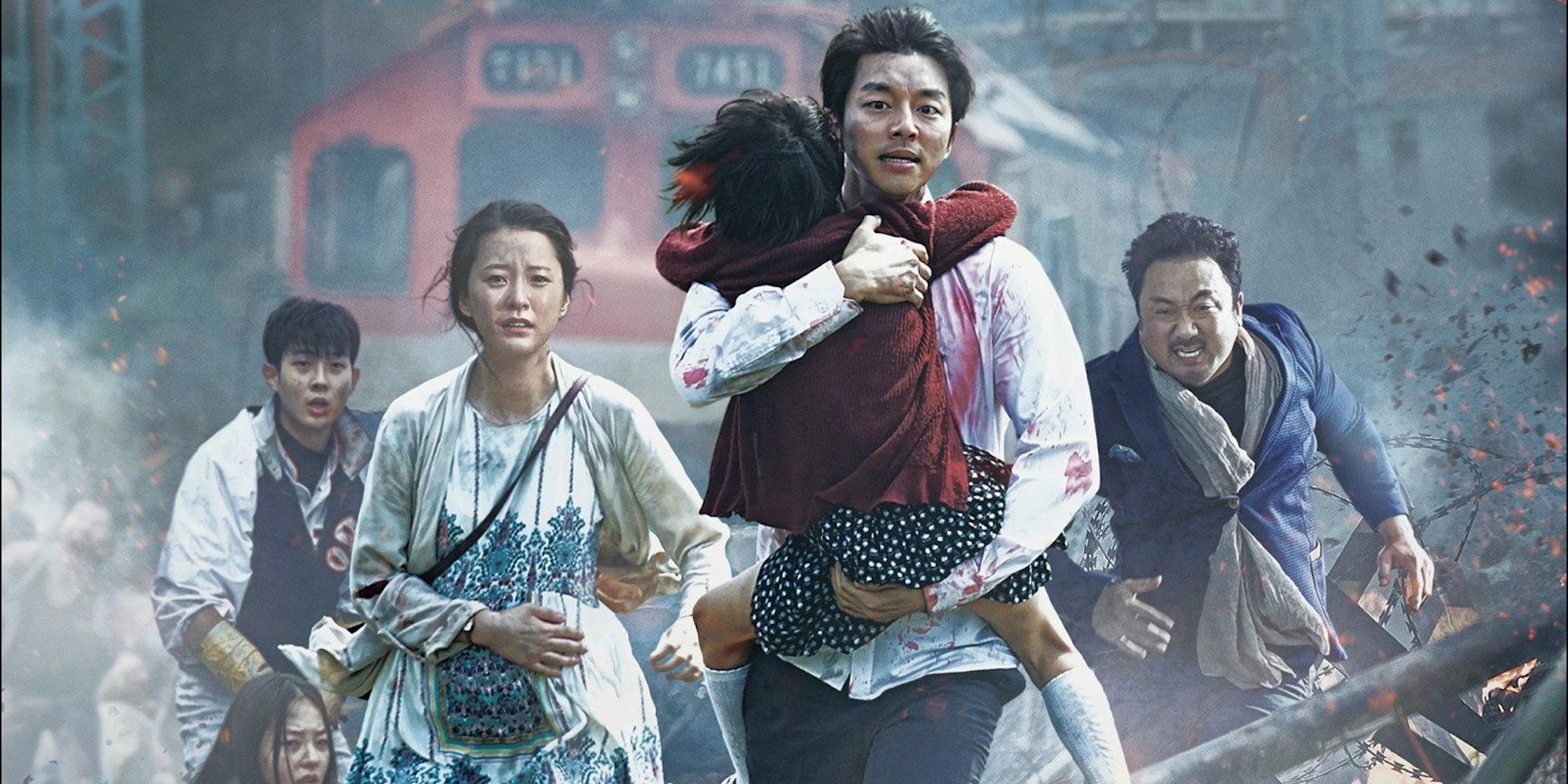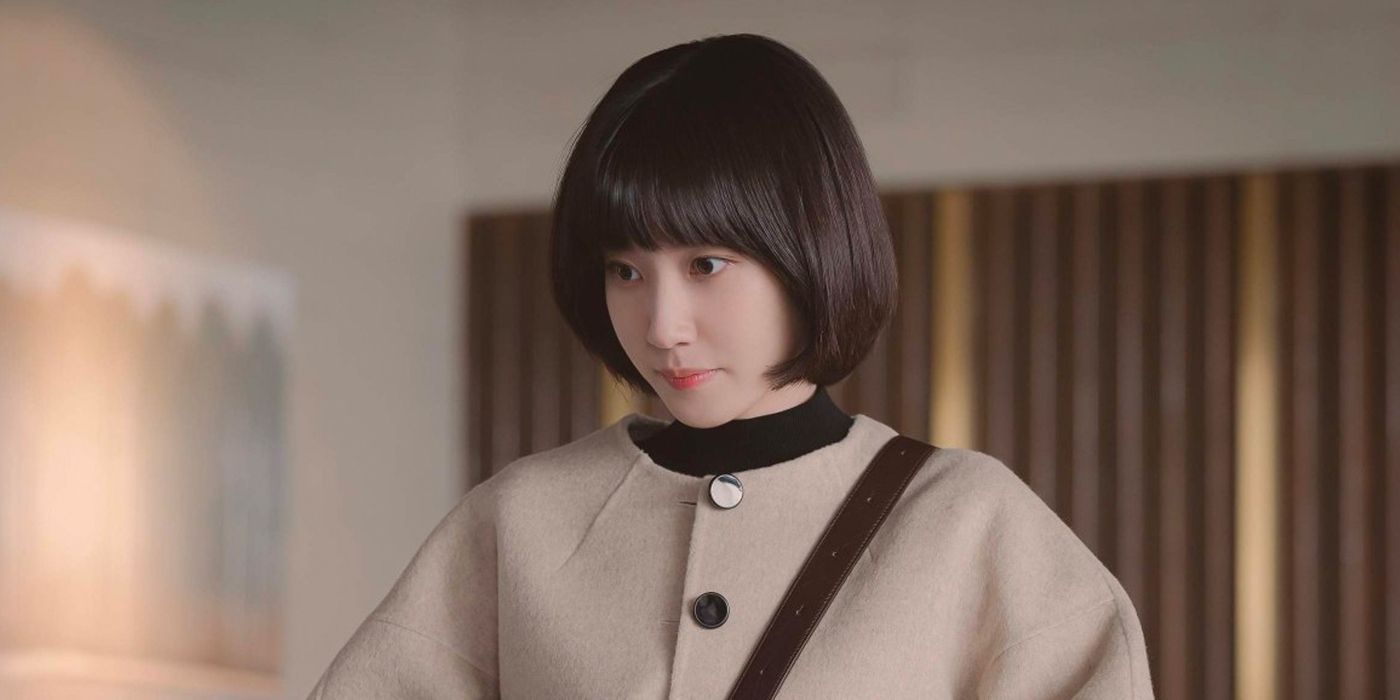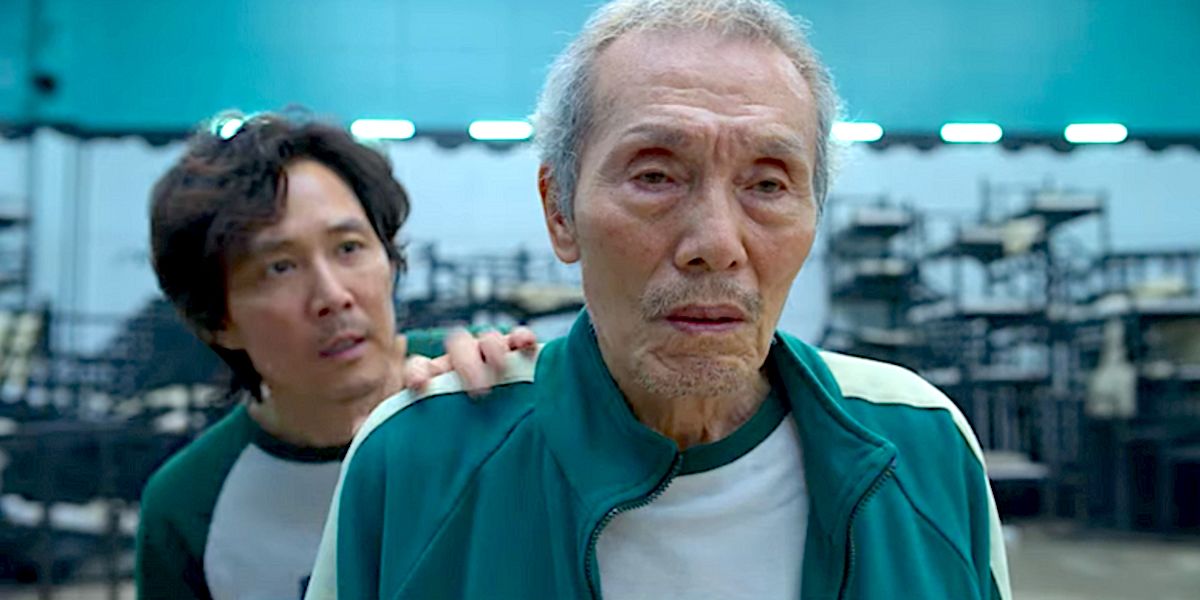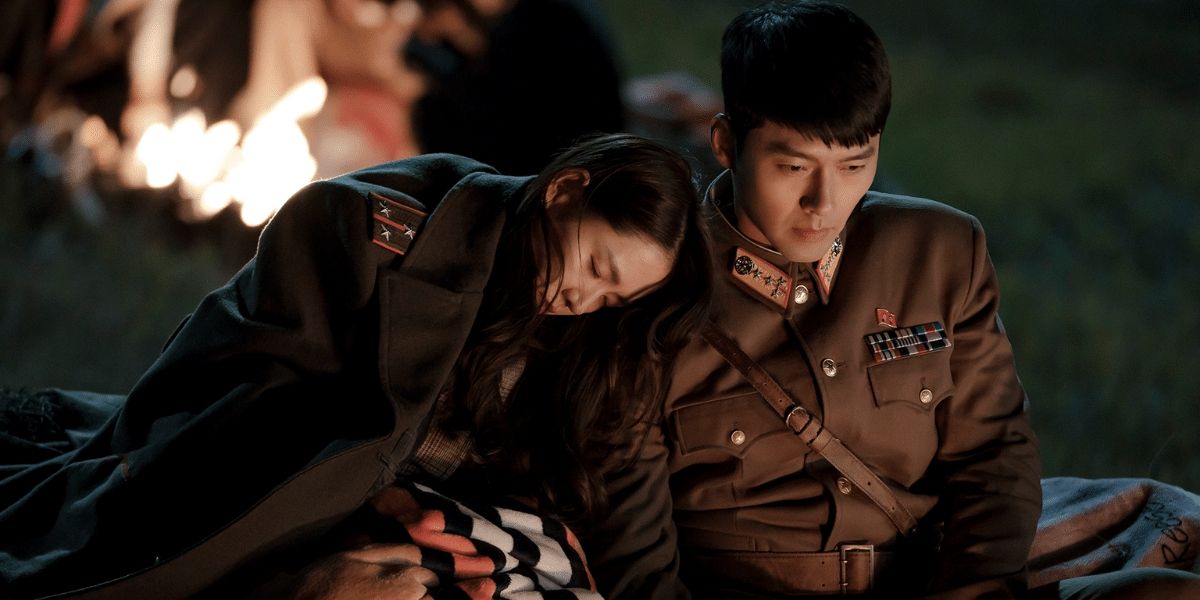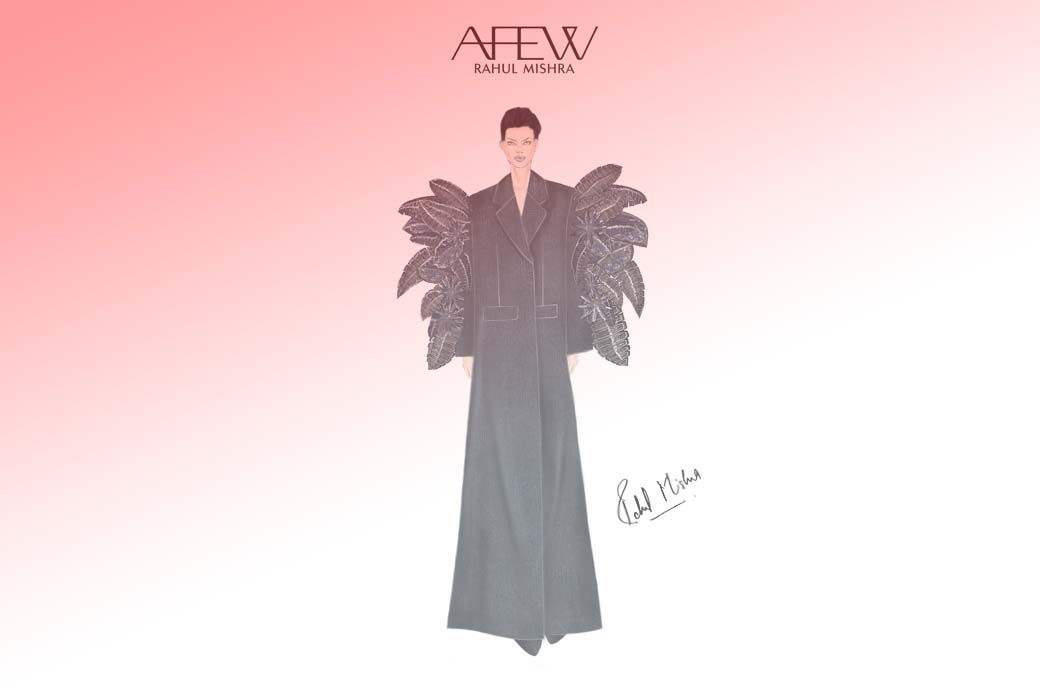There’s nothing quite like a good K-drama. Whether you’re a fan of romantic comedies like Hometown Cha Cha Cha, historical fiction like The King’s Affection, or a battle royale like Squid Game, you’ll always find yourself glued to the screen. There’s something special about K-dramas that just can’t be replicated by other forms of media.
So, what is it about K-dramas that keeps us binging all the way through, and then coming back for more? What literary techniques are employed to make these stories work, and what makes up the essence of a K-drama? Let’s take a look at the defining characteristics of a K-drama.
K-Dramas Fully Commit to Their Stories
Good K-dramas have a sense of earnestness that elevates their stories; whatever genre it is, the story takes itself seriously. Even a premise as silly as a rom-com that centers around a ghost hunting other ghosts (Bring It On, Ghost) has plenty of serious moments and some genuinely creepy ghosts.
The structure of a K-drama’s overarching story in terms of a full series will often have several stages of plot development. Simply put, the plot of a K-drama often goes through several arcs. These serve to move the main story along, while also having the freedom to explore its characters in depth through extended storylines, sometimes even digging deep into the lives of its side characters, as in the case of Hotel Del Luna, which includes several arcs about not just the two main characters, but the hotel staff as well.
K-dramas also ensure that they pick the right actors for each role. In the case of the previously mentioned hit Squid Game, its two most prominent characters, Gi-hun and Sang-woo, are played by Lee Jung-jae and Park Hae-soo, respectively; both actors are highly praised and extremely talented, ensuring that Squid Game’s central roles are best for the story.
Whether the particular show has a more serious tone or is infused with melodrama, K-dramas commit fully to the story, making them intriguing and exciting in the first case and a lot of fun to watch in the second.
K-Dramas Are Often Character-Focused
More often than not, the best K-dramas place the most focus on character when it comes to how stories are told. Even stories that are plot-based, or rigidly tied to a specific genre structure, usually place character front and foremost.
For example, in the zombie horror film Train to Busan, the story adheres to genre structure and is shot very well technically, but the focus on the main character Seok-woo (Gong Yoo) and his relationship with his daughter Su-an (Kim Su-an) is front and center. The best way to get viewers invested in a story is to give them something to care about in its characters, and Train to Busan recognizes the importance of character work, even in a genre that’s usually extremely action heavy.
Other genres handle this beautifully as well. Courtroom comedy Extraordinary Attorney Woo looks beyond tired tropes and genre limitations by focusing on its main character, Woo Young-woo (Park Eun-bin), as a person and allowing her to drive the plot.
An interesting (but admittedly out of left field) comparison between this K-drama and a western show that’s similar in concept would be to take a look at the TV adaptation of She-Hulk. Admittedly, the goal of each one is different (She-Hulk’s purpose is to be mainly comedy-focused and extremely meta), but both center around main characters who are female attorneys that need to navigate the world with their respective differences. She-Hulk focuses more on being funny, while Extraordinary Attorney Woo thrives off the internal struggles, desires, and strengths of its characters, and in turn, the comedy mainly comes from the characters rather than meta jokes.
This isn’t to say that shows like She-Hulk that prioritize meta-humor aren’t enjoyable. But K-dramas often prioritize character work and interrelationship drama, rather than set out to be subversive. The result is that K-dramas that focus on character often do end up feeling fresh and original, purely because the characters are what drive the story along. Comedy, drama, jokes, etc., follow naturally.
The Heart of a K-Drama
There are plenty of reasons why Korean dramas scratch a particular itch in the viewer (an addictive quality being one of them), but the main defining characteristic of a K-drama that truly sets them apart in a subtle way is their ability to indulge in lingering moments.
K-dramas aren’t afraid to truly let a moment play out and then sit with the viewer afterward, allowing both the characters and the viewer a moment to breathe and process what just happened. In the case of Squid Game, Episode 6, “Gganbu,” includes a string of tragic moments one right after the other. Each one is built up to, and an extra layer of sadness and dread is added to each scene by having to wait in a very drawn-out way to see what will happen (even though it’s obvious what follows will be nothing good). The extra time that Squid Game takes to let the tragedy settle in your gut is part of what makes the episode so difficult to watch, in the best way possible. Even the aftermath is quiet and somber, letting the characters exist in the moment to process what’s just happened and their role in it.
With more romantic K-dramas, a brushing of hands or, more commonly, one love interest catching the other to keep them from falling (The King’s Affection uses this tool numerous times), is played out as long as possible, usually with romantic music playing while the characters stare into each other’s eyes for an excessively long time. These moments can get pretty cheesy, but romantic K-dramas know exactly what their viewers want, so the moment is elongated to give viewers the romance they crave for as long as possible before teasing them again. Sometimes (and especially with the romance genre), this technique can come off as heavy-handed, but the moment is so cute that we don’t even care.
The passion of those behind the making of K-dramas truly shines through during these lingering moments. Indulging in elongated scenes of romance, horror, or drama can make the pacing of the episode, or even the show, feel unbalanced, but K-dramas find the moments that make the most sense to place the lingering moment, almost like an exaggerated “beat,” to ensure that it’s used most effectively.
It’s not just the viewers that benefit from this indulgence, but the actors as well. In moments of high drama and emotion, actors show off their range and level of commitment, which is ridiculously fun to watch.
With K-dramas, there’s always an element of story or character that keeps a viewer engrossed. The unique type of storytelling that K-dramas use includes numerous qualities like passion and commitment, originality, acting performances, and character-centered stories told lovingly, as well as the K-drama’s arguably greatest strength: the lingering moment. The true strength, however, is how a K-drama will combine all these qualities to form the unique experience of a K-drama that viewers just can’t get enough of. There’s nothing quite like it.
























































![Key Metrics for Social Media Marketing [Infographic] Key Metrics for Social Media Marketing [Infographic]](https://www.socialmediatoday.com/imgproxy/nP1lliSbrTbUmhFV6RdAz9qJZFvsstq3IG6orLUMMls/g:ce/rs:fit:770:435/bG9jYWw6Ly8vZGl2ZWltYWdlL3NvY2lhbF9tZWRpYV9yb2lfaW5vZ3JhcGhpYzIucG5n.webp)


